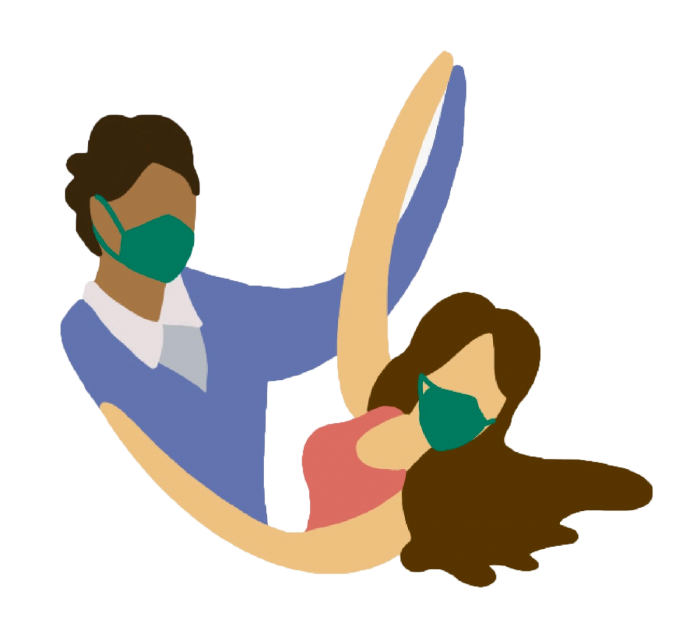Justin Oei ’23 is a music major. He sings in the William & Mary Choir, is a member of the Early Music Ensemble and is on the vestry of Canterbury: The Episcopal Church at the College. Email Justin at jmoei@wm.edu.
The views in the article are the author’s own.
Recently, a petition has been making the rounds on campus to allow performing arts students to perform on-campus — or while representing the College of William and Mary off-campus — without masks. While I’m sure that there’s a diversity of opinions on this issue (obviously there are considering the very public petition and very public response), with COVID-19 still posing a very real and very serious threat to our cautious new normal, it just seems too early to consider this step.
Don’t get me wrong: I am, after all, a singer. There is nothing that I long for more than the last recital of which I was a part, performing scenes from Don Giovanni and Le Nozze de Figaro in the Ewell Recital Hall in the fall of 2019. Those were truly halcyon days. Zoom choir, followed by socially distanced rehearsals and outdoor performances, and ultimately the current status quo of somewhat normal masked performances, just cannot compare. And on a psychological level, I get it.
Nonetheless, science is simple: Singing is still a dangerous activity. A 2021 article in Nature confirms that we release more aerosolized, potentially pathogen-carrying particles when singing than speaking, due to the ways in which we produce sound. As you might expect, there’s a correlation between intensity and emission of these particles. On a broader scale, if the 65-person William & Mary Choir were to sing without masks, shoulder-to-shoulder on stage for an hour, and just one person in the choir had COVID-19, think of how many people might become infected. Then think about how many people each of the 65 could potentially infect after that. It would be a nightmare, at least from a public health perspective.
There’s nothing inherently more difficult about singing through a mask. I do it every day through an N95, KN95 or KF94. While those little nasty pathogens might not make it through a mask, sound still does, assuming you’re using proper vocal technique and breathing properly. (If you’re singing, you should be doing these things anyway.) If you’re really concerned about this, buy a singer’s mask.
Ultimately, my mind goes to this reality: I have immunocompromised friends; and, crucially, I have immunocompromised friends with whom I make music. Their lives and careers are just as important as my own. A temporary inconvenience that will make others’ experiences making music safer is not a hard ask, because I believe that the life-changing, empowering ethos of the performing arts needs to be accessible to everyone.

